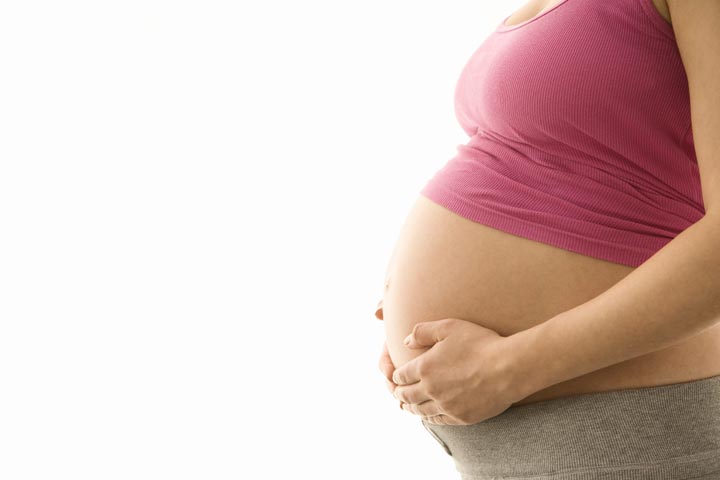You’re forgetting birthdays, to pick up dinner on the way home and where you left your car keys. While women with baby bumps and new moms may be chalking up their recent forgetfulness to “baby brain,” new research suggests the concept isn’t real.

After testing pregnant women, moms with newborns, and their childless peers, American scientists say all three groups fare the same when it comes to memory and thinking. The only difference is how expectant and new moms view themselves – as scatterbrained and absent-minded.
“I was surprised at how strong the feeling was that they weren’t performing well,” lead researcher Michael Larson, a neuroscientist at Brigham Young University, said.
READ MORE: How motherhood changes a woman’s brain
“This feeling of ‘I really am doing badly right now’ exists despite the objective evidence that they aren’t,” he explained.
For the study, the scientists had pregnant women take a three-hour assessment during their third trimester and again between three and six months after their babies were born.
READ MORE: Newborn baby’s smell is as addictive as drugs or food, study says
- Ontario doctors offer solutions to help address shortage of family physicians
- Capital gains changes are ‘really fair,’ Freeland says, as doctors cry foul
- Bird flu virus detected in U.S. grocery store milk. FDA says supply still safe
- ‘Dangerous message’: Experts slam anti-sunscreen claims circulating online
They were tested for memory, thinking, organization and spatial skills. Across the board, the new moms did just as well on testing as women with no history of pregnancy.
But they consistently rated their memory and quality of life lower than their childless peers.
Cultural expectations could be at play in explaining what’s propping up this “pregnancy brain” myth. Larson calls it a stereotype: the exhausted, multitasking mom is almost expected to have her attention span and energy zapped away during this busy time in her life.
READ MORE: Do babies inherit junk food addictions from their moms?
But Larson hopes his findings reverse this generalization that may not hold any clout next to his results.
“Somebody might learn about this and say, ‘I am thinking OK even though I am pregnant.’ It might improve their quality of life, it might improve how they are functioning – they might start believing in themselves,” he suggested.
His full findings were published in the Journal of Clinical and Experimental Neuropsychology. Read the study here.
carmen.chai@globalnews.ca
Follow @Carmen_Chai





Comments